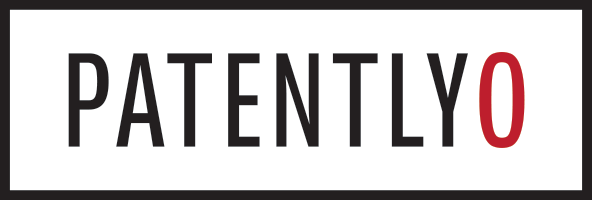
"The Federal Circuit's decision in Future Link Systems, LLC v. Realtek Semiconductor Corporation, No. 2023-1056 (Fed. Cir. Sept. 9, 2025), provides important clarification on when a defendant becomes a "prevailing party" and thus eligible for attorney fees under 35 U.S.C. § 285 and costs under Federal Rule of Civil Procedure 54(d)(1). Although the case had been voluntarily dismissed by the patentee without prejudice, Judge Albright had subsequently converted the status to with prejudice as a sanction for filing objectively baseless patent infringement suits."
"The Tea: The district court's sanctions decision appears to have been influenced by the discovery that the patentee Future Link had entered into a licensing agreement with MediaTek (a Realtek competitor) in 2019 that provided a litigation bounty: an extra $1 million if Future Link sued Realtek or forced it to pay a license fee by a set date. See the U.S. Department of Justice's Statement of Interest and Realtek's publicly filed complaint here (PDF), which quotes the bounty terms,"
The Federal Circuit clarified when a defendant becomes a 'prevailing party' for entitlement to attorney fees under 35 U.S.C. § 285 and costs under Rule 54(d)(1). The patentee voluntarily dismissed the case without prejudice, but the district court converted the dismissal to with prejudice as a sanction for filing objectively baseless patent infringement suits. That conversion provided sufficient judicial imprimatur to render the defendant a prevailing party. Discovery showed Future Link had a 2019 licensing agreement with MediaTek that included a $1 million litigation bounty if Future Link sued Realtek or obtained a license fee by a set date, prompting DOJ concern about bounty-fueled PAE litigation.
Read at Patently-O
Unable to calculate read time
Collection
[
|
...
]